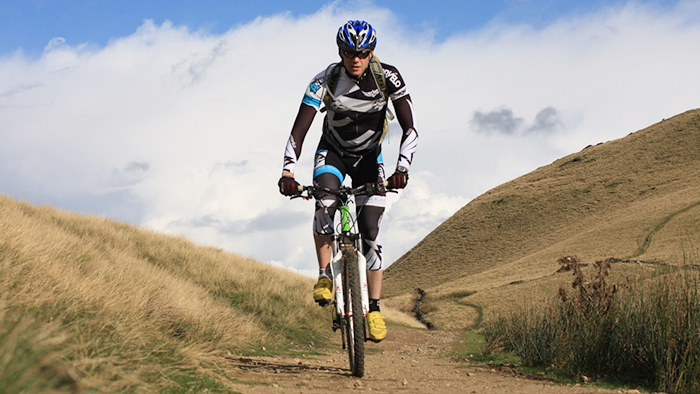Time out from sport is more common than many of us might imagine. Breaks from training happen for all different reasons: injury, fatigue and burnout are perhaps the more obvious. Just as often though I’ve known athletes to have enforced breaks due to pressures such as work, divorce, depression or, alternatively, happy life events such as having a baby or even getting married. Over the years I’ve had the enormous pleasure of helping many athletes restart their sporting journey. Here are a few proven strategies for getting going and reigniting your motivation for endurance training.
Let go of who you were, and focus on who you are now.
Time away from regular exercise results in an obvious drop in fitness, but as athletes many of us have many fond memories of feeling on top of our game, yet a relatively poor memory for the days when we started out and sport was much tougher. Starting out again is almost psychologically harder than it was to become fit in the first place; this can result in a negative focus on “how much was lost” rather than a positive focus on “how much is being gained.” By letting go of who we once were, living right now with a realistic self-image, and focussing on forward movement we find that progress and the motivation to continue become much easier to develop.
Take baby steps toward your fitness goals.
Once we have identified our current level of fitness—and accepted who we now are—the next great strategy is to see progress in the smallest steps. I myself took time away from cycling, after many years at an elite level, to start a family and devote more time to my new career. Ultimately though my love for cycling led me back to the bike. Starting out again, in a much heavier unfit body, was much tougher than I ever imagined. Instead of beating myself up, I accepted where I was, and instead of killing myself with rides way beyond my current fitness I started with a three mile commute to work and back. Success was measured in getting my kit on, getting on my bike, and commuting under my own steam instead of hopping in the car. Three miles soon became five, then eight, and very soon I was riding 10 miles, twice a day, five days a week. Moving from there to a structured training plan was a very easy step, and within a year I was back competing at a respectable level.
Work with a coach to stay accountable and on track.
For many athletes it can be a great idea to work with a coach. As soon as you know you want to get back in the mix, having someone who understands what you are going through, how it feels, and what it takes to get back into shape, provides a fantastic support system and motivation. A good coach will help to ensure you stay realistic in your expectations, keep you honest by having someone to answer to, and also someone who will develop a structure that ensures your progression back to fitness and beyond. The benefits of working with a coach if you are pressed for time should never be underestimated. One of my athletes, a new mother and self-employed designer, would never have believed she could meet her initial goals with the very limited time she had—just an average of three hours a week at that time—but with a solid focus to ensure not a minute was wasted, we rebuilt her to a fitness level that resulted in four club records, a course record, six race wins and an overall series victory. No matter the limitations you feel the future holds for you, there is almost always some way to improve your performance.
Look for the fun in getting back in shape and rediscovering your passion for sport.
Being outside, feeling the wind in your hair, the rain on your face, or the sun on your back are all very simple—yet life enriching—sensations. A focus on the enjoyment of the process, and the bi-products of training like the environment, the people we meet and the places we can see along the way is often more than enough to keep the wheels rolling and the fire burning. Treating the new regime as play and not work, adopting an attitude that exercise offers freedom from the trappings of our work and chores, is a sure-fire route to motivation and a lust for more. When something is seen as fun it seldom stays difficult for long, and before we know it we discover that we are back in shape and loving the sporting lifestyle we once thought we had lost.



